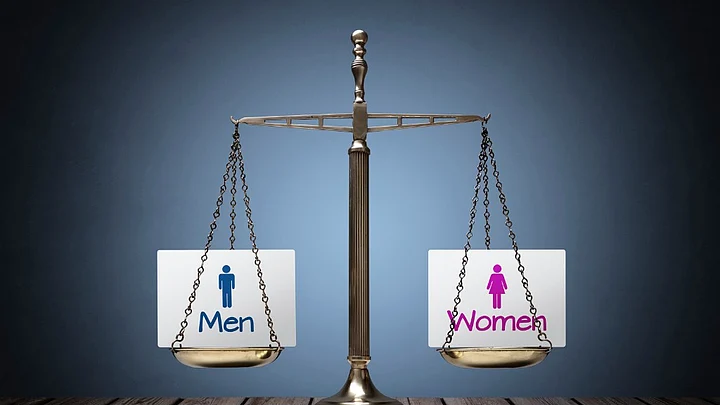The World Economic Forum pushed back its projection for economic parity between women and men by 53 years after finding chronic imbalances in salaries and workforce representation. These imbalances have reversed the pace of progress since a peak in 2013. It now projects economic equality to be reached in 2186, another 170 years off.
"Progress towards parity in the key economic pillar has slowed dramatically with the gap now larger than at any point since 2008," WEF said when releasing its 2016 Global Gender Report on Wednesday.
Last year, women around the world earned just over half as much as their male counterparts despite working more hours, and participating in the labour market at two-thirds the rate of men, its authors found.
While high-income countries showed the narrowest gender gaps, low-income countries on average performed just as well as their upper-middle-income peers.
Nordic Countries Most Successful
Nordic countries once again topped the list — with Iceland, Finland, Norway and Sweden ranked highest on gender equality.
Rwanda, a low-income country, moved up to the fifth place, with more women than men in its labour force and the world's highest share of female members of parliament at 64 percent.
Rwandan women earned 88 cents to men's dollar for similar work, WEF said, making it the country with the highest degree wage equality.
The Swiss non-profit group said inequalities in economic participation and political empowerment remain "wide open" around the world.
Women have less than a quarter the political representation attained by men and 59 percent of the economic participation and opportunity.
The number of women in senior positions also remains stubbornly low, with only four countries in the world having equal numbers of male and female legislators, senior officials and managers, despite the fact that 95 countries now have as many — if not more — women educated at university level.
India ranked at 87th place globally in terms of gender equality despite a jump of 21 places from last year largely due to progress on the education front.
India was ranked 108th on the annual Global Gender Gap index.
WEF said that in the economic sphere “much work remains to be done”. India ranked 136 in this pillar out of 144 countries.
(With inputs from Reuters, PTI.)
(At The Quint, we question everything. Play an active role in shaping our journalism by becoming a member today.)
